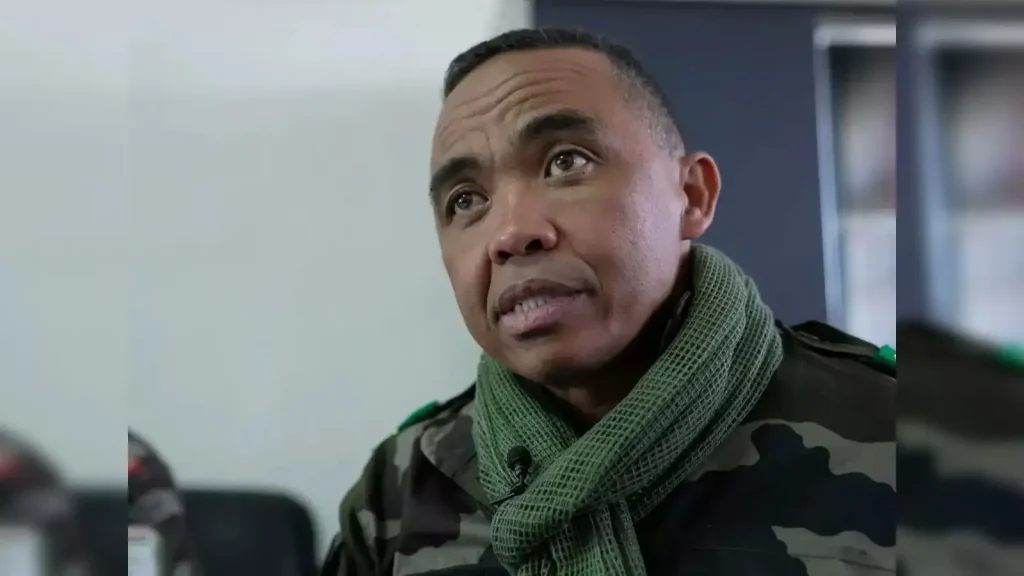On Friday, Colonel Michael Randrianirina took the oath as Madagascar’s president after a swift military coup. The event unfolded in the High Constitutional Court’s main hall, with nine judges in red robes presiding.
Just days earlier, Randrianirina’s actions forced former President Andry Rajoelina to flee.
Randrianirina, around 50 years old, led his elite army unit to seize control of the Indian Ocean nation of 30 million people. The coup followed weeks of youth-led protests over ongoing national struggles.
World and Regional Reactions
The United Nations called the takeover an illegal power shift and urged a return to lawful rule. The African Union responded by suspending Madagascar. Yet, global responses, including from France, Madagascar’s former colonial ruler, remain limited.
Andry Rajoelina, now missing, fled citing life-threatening dangers. Sources say he escaped on a French military plane. On Tuesday, parliament voted to remove him, clearing the path for Randrianirina’s rise.
From Soldier to Leader
At his swearing-in, Randrianirina swapped his army uniform for a suit, joined by military officers, civilian leaders, and foreign diplomats. His CAPSAT unit drove the rebellion, gaining momentum after he backed anti-government protests last weekend.
Two years ago, Randrianirina was briefly jailed for a failed mutiny, spending time in a military hospital. Now, he heads a military council set to rule for 18 months to two years until elections, delaying the public’s chance to choose a new leader.
Why Protests Erupted
Madagascar faces deep poverty, affecting 75% of its people, and a history of unrest since independence from France in 1960. Rajoelina himself gained power in a 2009 coup.
Recent protests, sparked by water and power outages, grew into demands for action on rising costs, job scarcity, and claims of elite corruption.
Randrianirina joined the protesters’ call for Rajoelina’s exit. A short clash between his forces and loyalist security resulted in one soldier’s death. Still, large-scale violence has not occurred, and many citizens have welcomed the military’s move.
Plans for the Future
Speaking at his unit’s barracks, Randrianirina called the coup a patriotic act to restore stability. He vowed to tackle insecurity and social challenges, aiming to bring back Madagascar’s past prominence through steady changes.
Rajoelina’s team disputes the court’s decision to appoint Randrianirina, alleging some judges faced pressure. The UN and African Union continue to reject the coup, demanding a return to constitutional governance.




















